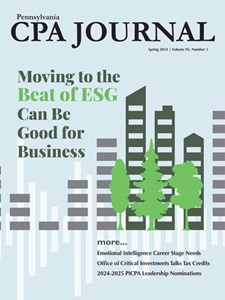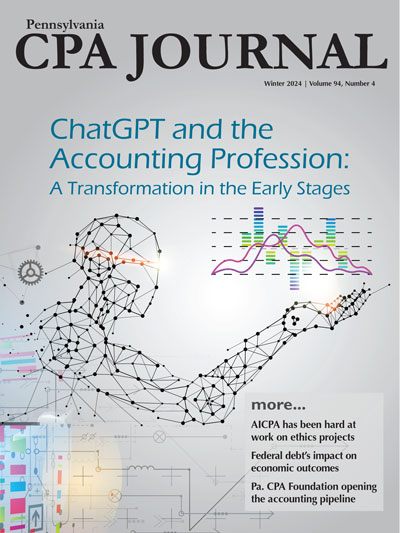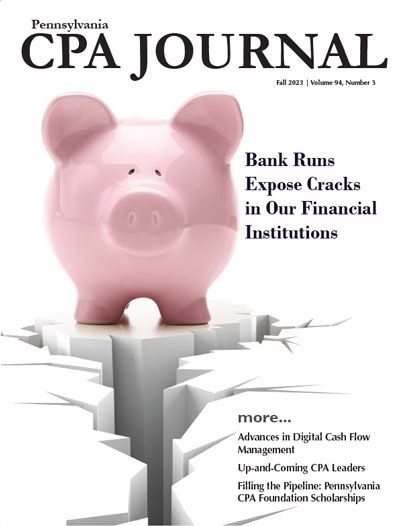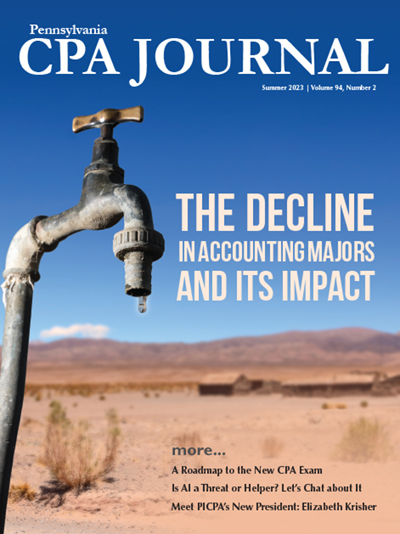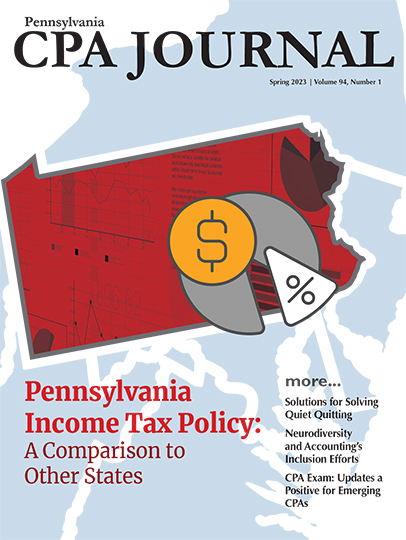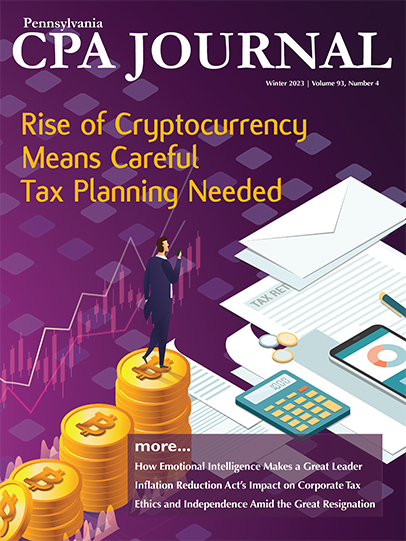The Pennsylvania CPA Journal is the flagship publication of the Pennsylvania Institute of Certified Public Accountants. Published quarterly, this striking, four-color magazine provides updates on technical issues in the accounting profession and reports on current developments and programs offered by the PICPA. CPAs across Pennsylvania turn to the Pennsylvania CPA Journal for practical, timely information and news about their profession.
The Pennsylvania CPA Journal is exclusively for PICPA members.
Current Edition: Winter 2026
Members say the Pennsylvania CPA Journal is their most used benefit.
Stay informed with articles, whitepapers, town halls, and more as a PICPA member.








